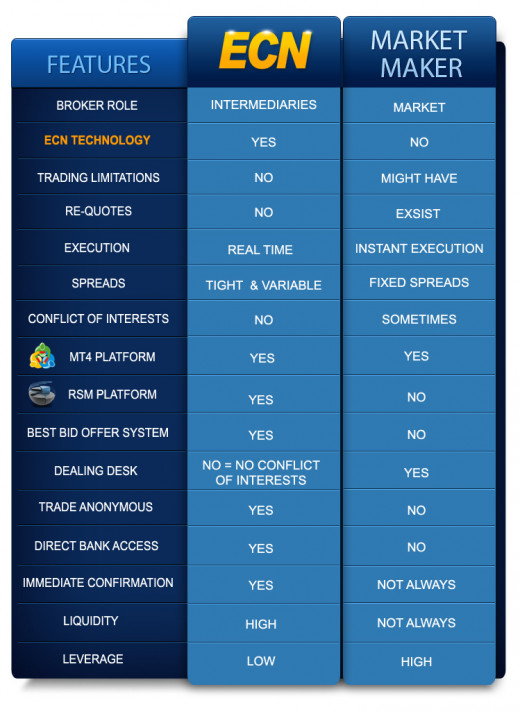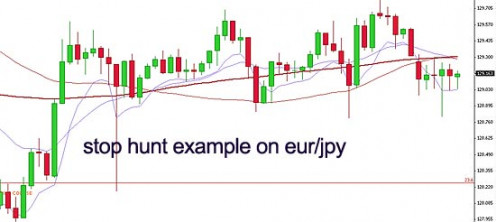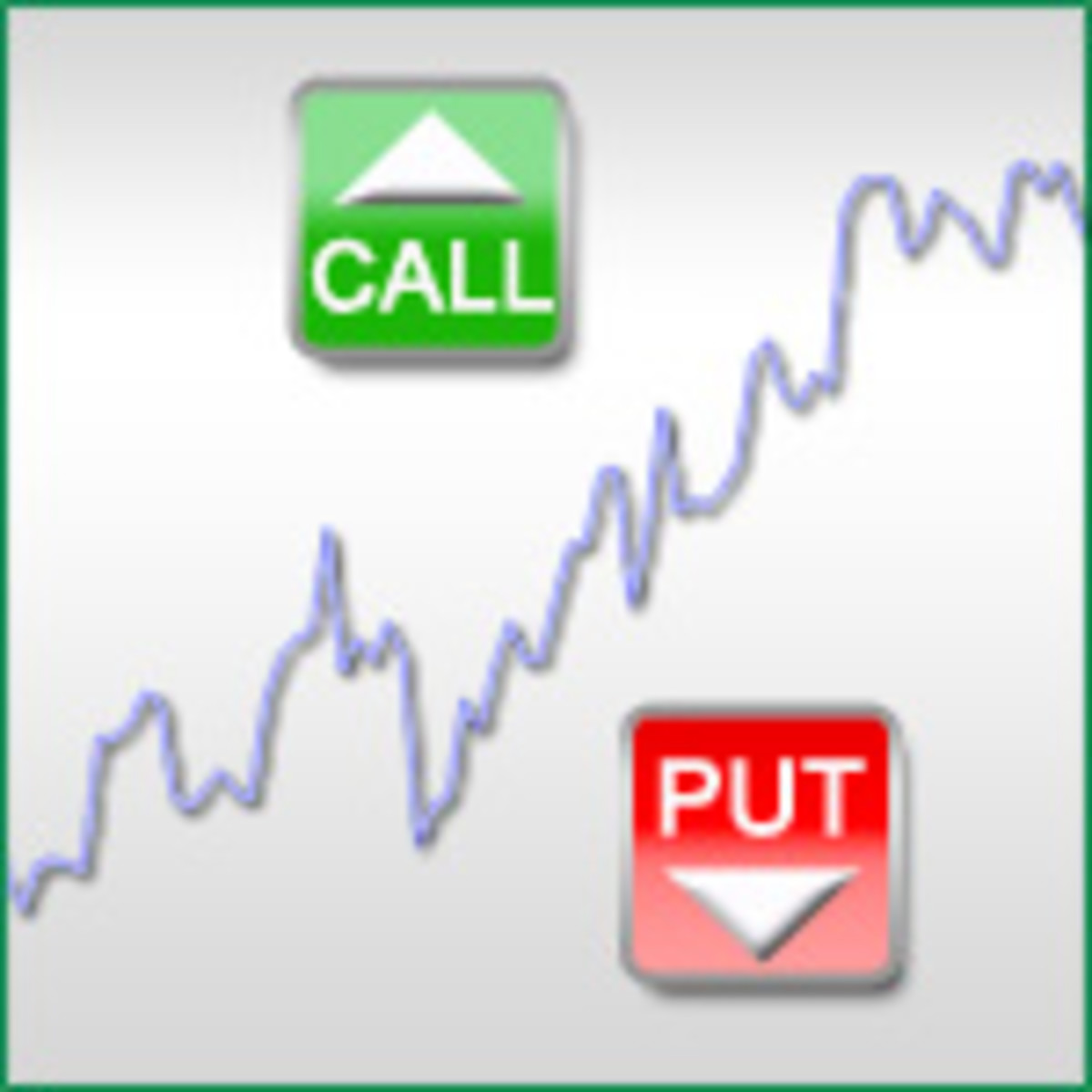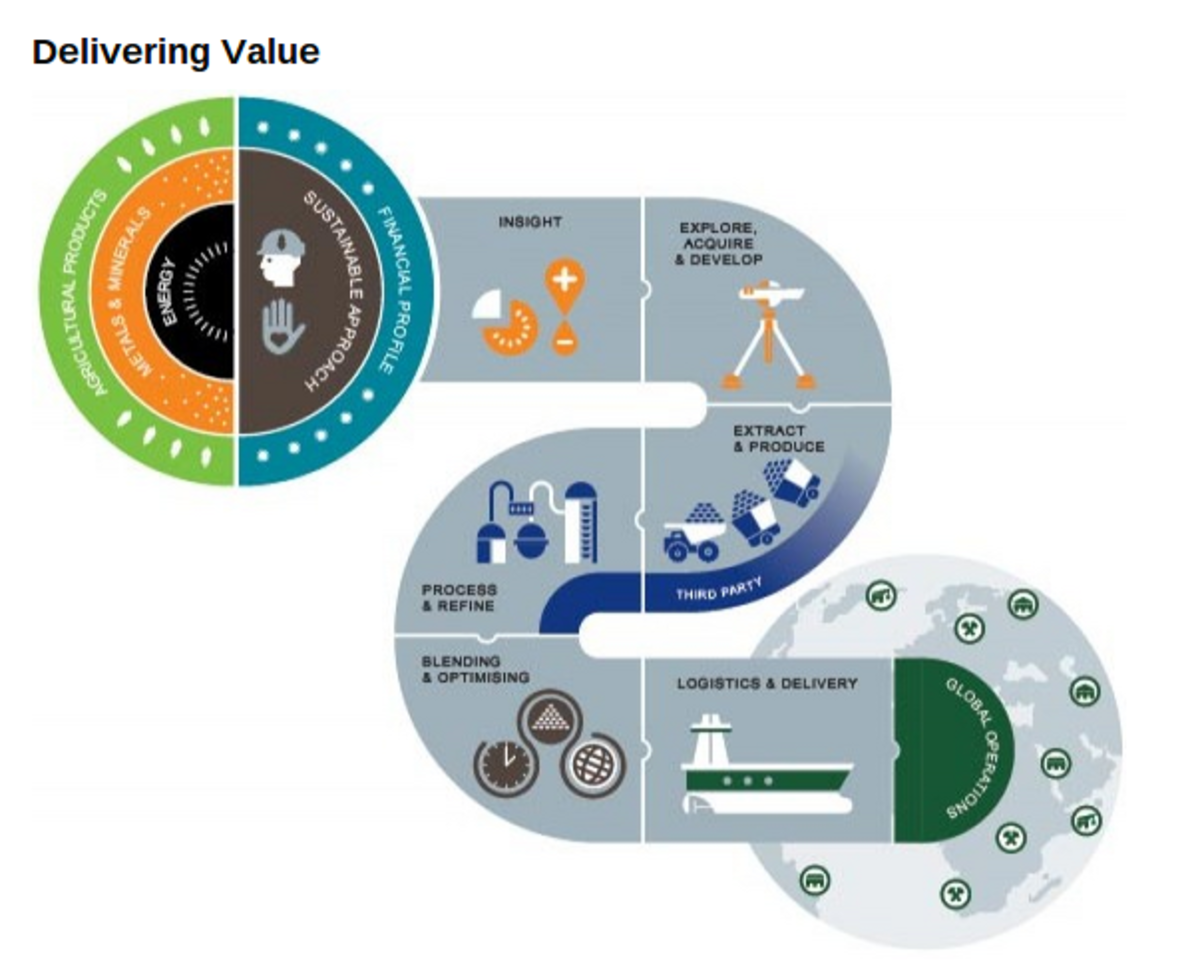How To Choose A Suitable Forex Broker

Understanding The Play On Words
As mentioned earlier, there are many terms and acronyms associated with brokers. Some mentioned earlier are ECN, NDD, STP, and MM, but it really isn't important to know what these terms mean. Instead, these are simply advertising techniques brokers use to get you into thinking that their service is better than the competitor.
Here's an analogy that will shed some light. Imagine you want to buy a car. Dealership A offers sports cars that can go 0 to 100 in 2.3 seconds, but, in exchange, they are huge gas guzzlers. Meanwhile, Dealership B offers economical hybrids that have amazing mileage, but does not share the same performance weighted features as in Dealership A. Is one dealership better than the other? The answer is no. In fact, it really depends on which type of car you want. To you care more for speed or do you care more for gas consumption?
This also applies for FOREX brokers as well. Some brokers may offer you an STP/NDD execution, while another one will give you fixed spreads, also known as a market maker (MM). Which one do you go for? Just like with cars, traders go with a broker that suits their trading style. Is it possible to state that these terms are pure marketing shams and don't mean anything in terms of order execution and trading? The answer is also no. While it does seem contradictory right now, this section is to get the first time trader aware of these terms and how to differentiate them. In the next section, these terms will be explained in greater detail. As for now, keep in mind that when brokers advertise with one of these terms, they only apply to you if it is compatible with your trading style. Just like in a dealership, a car's feature doesn't make it better than another car. It's just different and whether or not it suits the driver.
Understanding The Terms - Types of Brokers
In this section, we will focus on the terms defining the two types of brokerages.
To start off with, there are two types of brokers. Rather than just defining the two terms, it makes more sense to understand how these two brokers work. The first type of broker is known as a 'Market Maker', commonly referred to as 'MM'. Market maker earn money by taking the opposite side of a trader's order. If I were to sell, who do I sell it to? Who is going to buy it? An exchange always happens between two parties. As a result, the broker is going to act as the other party. In order not to confuse you, we will not be using the currency pairs and the volume sizes. This has more to do with trading rather than defining brokers. As mentioned before, market makers earn money by taking your trade. This means that when you sell, the market maker will buy whatever you're selling. When you buy, the market maker will sell whatever you want to buy. At the end of the day, when you make money, the broker loses money. When you lose money, brokers make money.
The second type of broker is known as an 'Electronic Communications Network', commonly referred to as 'ECN'. Back to the concept of exchanging, two parties must be involved. When there is a seller, the transaction can only be successful when there is a buyer. Similarly, when there is a buyer, the transaction can only be successful only if there is someone willing to sell. However, with an ECN brokerage, the broker does not take the other side of your trade. Instead, your trade gets passed off into a pool where the broker attempts to match make individuals. Think of this as a dating site where you fill out your profile and the system will find you a suitable mate based on that profile. In this case, your order is your profile and the broker is just responsible for finding someone willing to take the other side of your order. What does this mean exactly? If you want to sell, who do you sell it to? You can go hunt for a buyer yourself, but where would you go? You need connections and the broker has those connections so instead of trying to find a buyer for whatever you want sold, the broker will do that. When every trader comes to a broker, it becomes very efficient to process orders. Again, at the end of the day, when you make money, the other trader loses money. When you lose money, the other trader makes money. This time, the broker doesn't make any money from the trades. So how do they stay profitable? This is where there is a concept of commissions. Brokerages will charge a commission, a fee, for processing your trade. In contrast to the market maker where there are no commissions, ECN brokers do have commissions. This is a very small fee traders have to pay on a per order basis. This isn't a membership fee nor a payment to place 10 trades. Every time you place a trade, you will be deducted a fee. Do not worry, this will be clearly visible under the commission section of your trading terminal.
*You may have read forum posts and other articles featuring other traders promoting ECN brokers rather than market makers. This is due to a gray area in corporate practices leading to scamming profitable clients as when clients make money, the broker loses money. This will be clarified later on and tips will be provided to avoiding brokers involved in such practices.
A Detailed Comparison

My Word Of Reassurance
I apologize if the image above looks intimidating, but I assure you it is not. In fact, the diagram above will help explain some of the terms involving order processing. These terms include direct market access (DMA), dealing desk (DD), no dealing desk (NDD), and straight through processing (STP).
Speaking from my personal experience, trying to memorize these terms isn't going to help you choose a broker. As said earlier, it only helps when you can understand what they mean. To help you with that, we first have to dive into scam brokers and, also mentioned earlier, why many traders prefer ECN. However, do not stop reading here and jump right in with an ECN broker. Just because more traders prefer it, that doesn't necessarily mean it will benefit you. Some traders actually deviate away from ECN brokers and stick with a fixed-spread market maker. This is because it makes more sense for their trading style. Keeping this in mind, let's jump into the world of scam brokers and how they operate.
What You Need To Know About Scam Brokers
The theory of market makers isn't all that bad. Market makers do not charge a commission for trades. Instead, they widen the spreads to compensate for their fee. Meanwhile, ECN brokers will provide raw institutional spreads. These are prices that have not been manipulated in any way, but, in exchange, a commission is charged. Which one is better? There is no black or white answer to this question. It depends on whether you are a trader that prefers the fixed spreads offered by market makers or the lower variable spreads offered by ECN brokers. Although you will run into some market makers offering variable spreads as well, they won't be as tight as the ones offered by ECN brokers because the transaction fee has already be incorporated into it.
What does this have to do with scam brokers? Generally, many traders avoid market makers because they present a conflict of interest. Market makers usually take the other side of your trade in the hopes that you lose. When you lose money, they earn money and vice versa so if you are a profitable trader and consistently making a profit, brokers will react. Some smarter market makers will actually hedge your position. When you make a buy order of 1 unit, they will buy 2 units. When you close a profit of $100/ unit, the broker will close $200 for their 2 units. They pay out $100 to you and keep a $100 profit. However, some brokers do not choose to do this and instead will simply manipulate the price feeds so you end up in a loss. This is a very complex topic involving many sly corporate strategies that cannot be easily identified. Some common unethical practices include stop-loss hunting, price spiking, price feed manipulation, spread bloating, and falsifying withdrawals.
Note: My example involving how a broker may hedge your position is to provide the practice in a very easy to understand manner. Actual volume will be in multiples of micro-lots or higher and profits may also be displayed on a performance point movement or percentage in point basis.
Stop Loss Hunting Example

Choosing The Right Type Of Broker
Let's not get ahead of ourselves just yet. As the title says, we are only looking to choosing the right type of broker. The previous comparison focused primarily on the order management side. This section will focus features that can be experienced by new traders on a first hand basis.
The following is a self-test that is to be answered honestly as it focuses on your trading style. Based on your answers, the most suitable type of broker can be determined to match your trading style.
Choosing the Right Type of Broker
view quiz statisticsSo what about all those fancy order processing acronyms?
In theory, they are supposed to be different. There is supposed to be a difference between a dealing desk and non-dealing desk. Straight through processing defines how orders are handled, but in reality, first time traders and even most retail traders do not have access to the broker's background operations. Therefore, no one knows for sure if the so called acronym the broker offers takes place or not. When it comes to selecting a broker, it is best to ignore these promoted features as there is absolutely no way to verify its validity. On the other hand, the characteristics of a market maker and ECN are very distinguishable. With practice and a quick shop around can help you identify the type of broker with ease. Below is another short quiz that will help you see if you're on the right track or not in the sense of identifying the type of broker.








